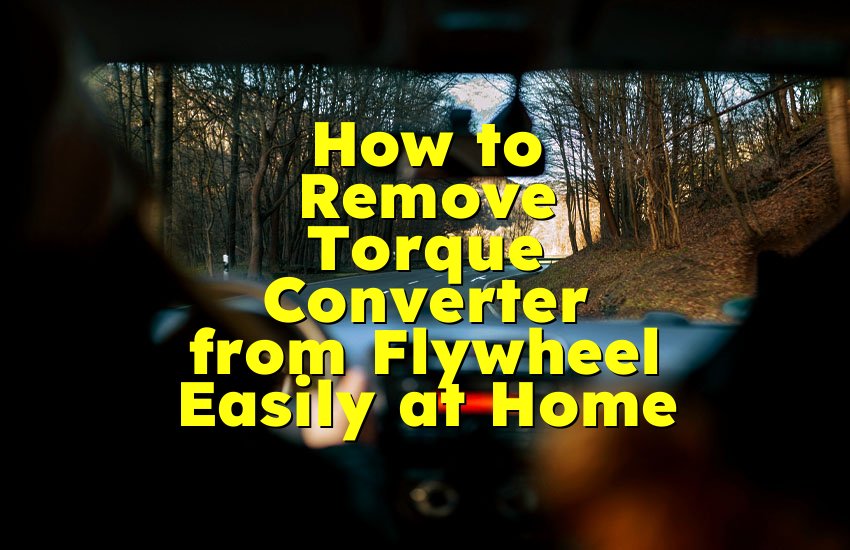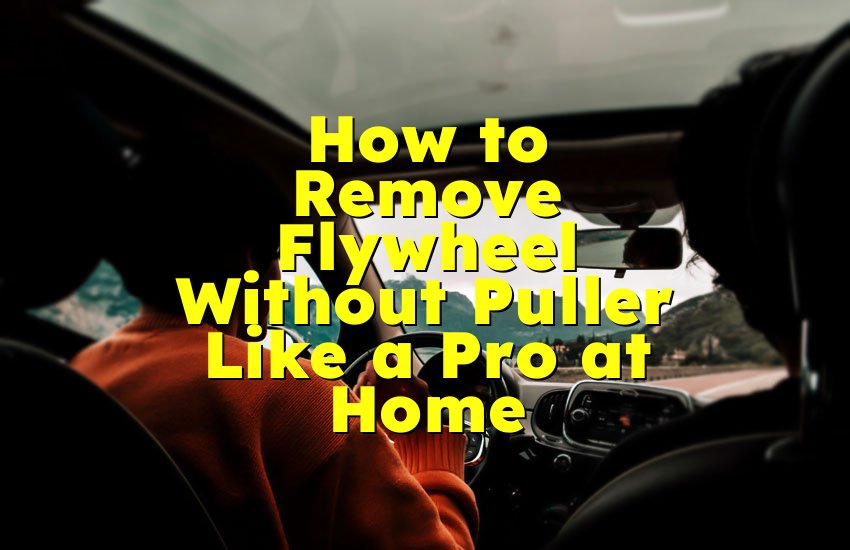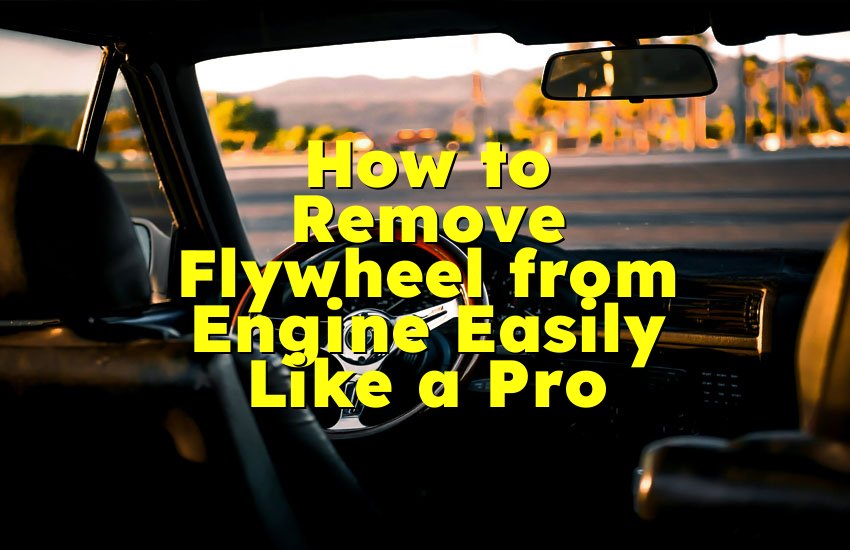As an Amazon Associate, I earn from qualifying purchases at no extra cost to you.
Can a Dirty Cabin Filter Affect Engine Performance? Find Out
Have you ever noticed your car acting a little off, like it's not running smoothly or feels sluggish? Many people don't realize that a dirty cabin filter could be the hidden cause.
When the cabin filter gets clogged, it doesn't just affect the air inside your car—it can also impact how your engine performs. In this article, I'll explain exactly how a dirty cabin filter can affect your engine and what you can do to fix it.
Understanding What a Cabin Filter Does
A cabin filter might sound simple, but it plays an important role in your car's comfort and performance. Its main job is to clean the air that comes into the inside of your car through the heating, ventilation, and air conditioning (HVAC) system. The filter catches dust, pollen, dirt, and other tiny particles so you breathe clean air. But there is more to it.
Even though the cabin filter mainly affects the air inside the car, it also connects to your engine's performance indirectly. How? When the cabin filter is dirty or clogged, the HVAC system works harder to pull air through it.
This extra work can put more strain on the engine because the HVAC system uses engine power to operate. If the engine is already running at a low power or the filter is very clogged, it can make the engine feel less efficient.
Also, a dirty cabin filter may cause the windows to fog up or reduce the flow of air inside the car, making it uncomfortable to drive. This discomfort can distract drivers and affect how they control the car, which could lead to poor driving habits and lower engine efficiency.
If you don't replace your cabin filter regularly, it can become a problem not only for your health but also for your engine's smooth running.
- Cabin filter cleans the air entering the car's interior.
- It traps dust, pollen, and dirt to improve air quality.
- A clogged cabin filter forces the HVAC system to work harder.
- Increased HVAC effort can reduce engine efficiency.
- Dirty filters can cause window fogging and reduce comfort.
- Poor cabin air quality can lead to distracted driving.
How a Dirty Cabin Filter Can Hurt Engine Performance
When a cabin filter is dirty, the effect on your engine might seem small, but it adds up over time. The engine powers the air conditioning and heating systems.
So, when the cabin filter is clogged, these systems must work harder to pull air in, which causes the engine to use more fuel. This means your engine has to work extra to do the same job, which lowers fuel efficiency and can cause the engine to run less smoothly.
Besides using more fuel, the extra strain from a dirty cabin filter can cause your engine to heat up. This happens because the engine is working harder than usual.
When an engine overheats, it risks damage to important parts, and this can lead to costly repairs. Also, an overheated engine may cause your car to stall or lose power while driving, which is unsafe.
A dirty cabin filter can also impact the air quality sensors in your car. These sensors help the engine control how much air and fuel mix together. If they get confused by dirty air from a clogged cabin filter, the engine might not get the right mixture, leading to poor performance or rough idling.
- Dirty cabin filters increase HVAC system effort.
- Engine uses more fuel due to extra load.
- Engine can overheat from added strain.
- Risk of engine stalling or power loss rises.
- Air quality sensors can be affected.
- Incorrect air-fuel mixture harms engine smoothness.
Signs Your Cabin Filter Needs Changing
It's not always easy to know when a cabin filter is dirty unless you check it. But there are several signs that can tell you it's time to replace it. One of the first signs is poor airflow from the air conditioning or heating vents. If you notice that the air coming out feels weak or slow, your cabin filter may be clogged.
Another common sign is bad smells inside your car. When dirt and mold build up in the filter, it can cause a musty or unpleasant odor. This smell is hard to ignore and is a clear hint to check your filter.
Foggy windows can also indicate a dirty cabin filter. When the filter blocks air, it makes it harder for the system to remove moisture from inside the car. This leads to fog forming on windows, making it harder to see and drive safely.
Finally, if you or your passengers notice more sneezing, coughing, or allergies while inside the car, it could mean the cabin filter is not cleaning the air properly. Dirty air can cause breathing problems and irritation.
- Weak airflow from vents.
- Musty or bad odors inside the car.
- Foggy or misty windows.
- Increased sneezing or allergy symptoms.
- Dust or dirt buildup visible near vents.
- Reduced HVAC system efficiency.
How Often You Should Replace Your Cabin Filter
Knowing when to replace your cabin filter depends on a few things like how often you drive, the places you drive in, and the quality of the filter itself. Most car makers suggest changing the cabin filter every 12,000 to 15,000 miles, or at least once a year. But if you drive a lot in dusty or polluted areas, you might need to replace it more often.
If you live in a place with lots of trees or construction, your filter will collect more dirt quickly. Also, if you or your family have allergies or respiratory problems, changing the filter regularly is very important to keep the air clean.
Some people forget about the cabin filter because it's not as obvious as the engine oil or tires, but it's just as important. A simple check during regular car maintenance can keep you safe and your engine running well.
- Replace every 12,000 to 15,000 miles or yearly.
- More frequent changes in dusty or polluted areas.
- Change regularly if you have allergies.
- Check filter during routine car service.
- Don't ignore cabin filter for better health.
- Proper maintenance protects engine and passengers.
How to Check and Replace Your Cabin Filter
Checking and replacing a cabin filter is easier than many think. Most cars have the cabin filter located behind the glove box or under the dashboard. You can usually find your car's manual online or in the glove box, which will show exactly where the filter is.
To check the filter, open the glove box, remove any items, and look behind it for the filter cover. Remove the cover and pull out the filter carefully. If it looks dirty, dusty, or clogged with debris, it's time to replace it.
Replacing the filter is simple. Buy a new filter that matches your car's make and model. Slide the new filter in the same way you took the old one out, put the cover back, and close the glove box. Make sure the filter fits snugly and the airflow arrows point the right way.
You don't need special tools for this, just some patience. If you're not comfortable doing it yourself, any mechanic can do it quickly.
- Locate filter behind glove box or dashboard.
- Remove glove box items to access filter.
- Check filter for dirt or clogging.
- Buy exact replacement filter for your car.
- Install new filter correctly with airflow direction.
- Easy to replace, no special tools needed.
Preventing Engine Problems by Keeping the Cabin Filter Clean
The best way to protect your engine and keep your car running smoothly is by keeping the cabin filter clean. Regular replacement stops the HVAC system from working too hard, which means less stress on the engine and better fuel efficiency.
A clean cabin filter helps the engine get the right air flow and keeps sensors working properly. This reduces chances of engine overheating or stalling and improves the car's overall performance. Plus, breathing fresh air inside the car makes every drive more pleasant.
Remember, a well-maintained cabin filter helps save money on fuel and costly repairs in the long run. It also protects your health and makes your car safer.
- Change cabin filter regularly.
- Choose high-quality replacement filters.
- Avoid driving in very dusty places if possible.
- Schedule filter checks during regular service.
- Replace filter sooner if you notice signs of clogging.
- Keep engine and HVAC system working efficiently.
Final Thoughts
A dirty cabin filter might seem like a small issue, but it can cause big problems for your engine and your comfort while driving. Keeping your cabin filter clean helps your car's engine run smoothly, saves fuel, and protects your health. Don't ignore the signs of a clogged filter—check and replace it regularly. It's an easy step that makes a big difference for your car's performance and your driving experience.
Frequently Asked Questions (FAQs)
Is it necessary to replace the cabin filter if I don't drive much?
Yes, even if you don't drive much, the cabin filter should be replaced regularly. Dust and pollutants still settle inside your parked car, and moisture can build up, causing mold or bacteria growth. This can block airflow and cause bad smells or allergies. Changing the filter yearly keeps the air clean and prevents the HVAC system and engine from extra strain.
Can a dirty cabin filter cause my engine to stall?
While a dirty cabin filter mostly affects your car's air quality and HVAC system, it can indirectly cause your engine to stall. A clogged filter makes the HVAC system work harder, which puts extra load on the engine. This extra strain can lead to overheating or fuel inefficiency, which might cause stalling especially if the engine is already weak or not maintained well.
Do I need special tools to replace the cabin filter myself?
No special tools are needed to replace the cabin filter in most cars. Usually, you just open the glove box or access the filter cover under the dashboard. Removing the old filter and inserting the new one is simple. If you have your car's manual, it will guide you step by step. If you're unsure, a mechanic can do it quickly.
Is it true that a dirty cabin filter affects fuel economy?
Yes, a dirty cabin filter can affect fuel economy. When the filter is clogged, the HVAC system uses more power to pull air through. Since the engine powers the HVAC system, it burns more fuel to keep everything running. Over time, this extra fuel use adds up, lowering your car's overall fuel efficiency.
Can a dirty cabin filter cause bad smells inside my car?
Absolutely. When a cabin filter becomes dirty, dust, mold, and bacteria can build up inside it. This causes musty, moldy, or unpleasant smells inside the car. These bad odors are often the first sign that the filter needs replacing. Cleaning or changing the filter restores fresh air and removes bad smells.
Do I have to replace the cabin filter more often in dusty areas?
Yes, if you drive frequently in dusty or polluted areas, you should replace the cabin filter more often. Dust and debris fill the filter quickly, reducing airflow and causing the HVAC system to work harder. Regular replacement keeps the air clean and protects your engine from added strain.
Is it safe to drive with a clogged cabin filter?
Driving with a clogged cabin filter is not ideal but usually won't immediately damage your car. However, it can cause poor air quality inside, foggy windows, and increased engine strain, which can affect safety and comfort. For best results, replace the filter as soon as you notice signs of clogging.
Can a dirty cabin filter affect my allergies or breathing?
Yes, a dirty cabin filter can worsen allergies and breathing problems. The filter traps pollen, dust, and allergens. When it gets clogged, it stops working properly and lets these particles circulate inside your car. This can cause sneezing, coughing, and irritation, especially for people with asthma or allergies.











